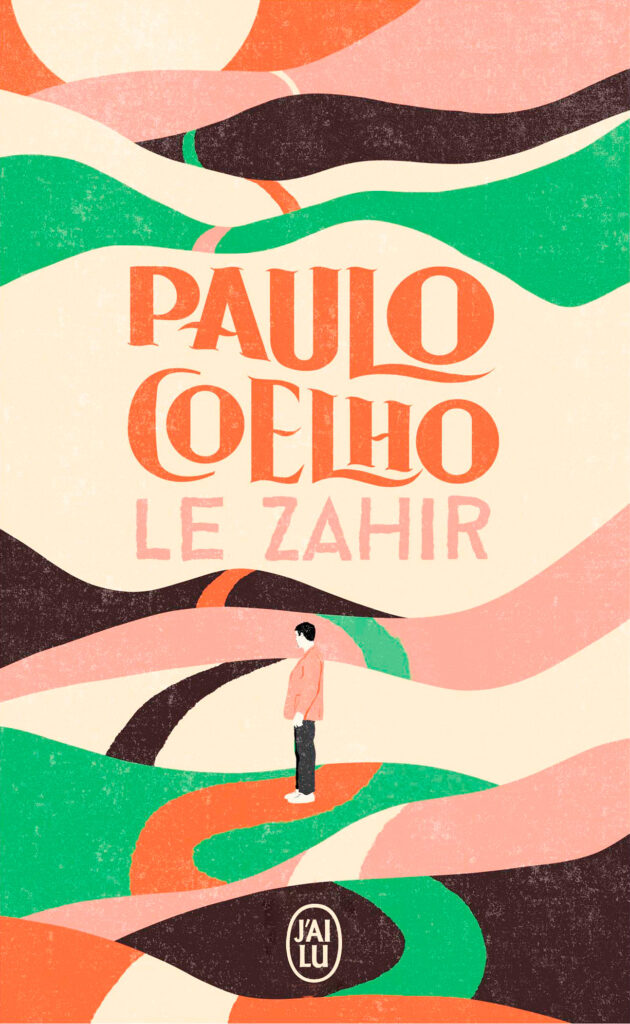

The narrator of The Zahir is a bestselling novelist who lives in Paris and enjoys all the privileges money and celebrity bring.
His wife of ten years, Esther, is a war correspondent who has disappeared along with a friend, Mikhail, who may or may not be her lover.
“Everything seemed great among them until Esther disappeared without a trace. The police elaborated kidnapping and murder hypotheses … while the husband, guided by these questions, set off on an unexpected journey in search of his wife.”
The Zahir is an inner voyage that the novelist decides to embark on when he realizes his obsession is nothing more than an impasse keeping him from the truth: to accept that his life isn’t as perfect as he thinks.
A haunting and redemptive story about obsession, The Zahir explores its potential to fulfil our dreams, and to destroy them.
YEAR OF PUBLICATION:
2005
PAGES:
352
RIGHTS SOLD:
52 languages
“The Zahir is Coelho’s masterpiece… A fascinating guide through life and love”
- News
“A wonderful obsession called Esther: a physical and spiritual journey, a tale of love and longing inspired by Borges.”
- Corriere della Sera
“That the unexpected happens, and that we’re not always prepared for it. When everything in our life appears to be organised, that is the danger-point, because what we call ‘organization’ is really just a story we’ve been told, but it’s not a story that can be sustained. I try to explore the story we haven’t been told, taking as my main character a successful writer who, when his wife suddenly leaves him, is forced to reassess his life. However, instead of taking a step forward and discovering new opportunities, he becomes obsessed by the question: ‘Why did my wife leave me?’”
- Paulo Coelho
Freedom is not the absence of commitments, but the ability to choose– and commit myself to–what is best for me.
Love is an untamed force. When we try to control it, it destroys us. When we try to imprison it, it enslaves us.
When we try to understand it, it leaves us feeling lost and confused.

© Boris Buzin
© Boris Buzin
The title of the novel comes from a tale by Jorge Luis Borges, one of Paulo Coelho’s favorite writers. In Arabic “Zahir” means visible, present, and unable to go unnoticed – something or somebody that starts to interest or concern us, and soon becomes the only thing we can think of.
